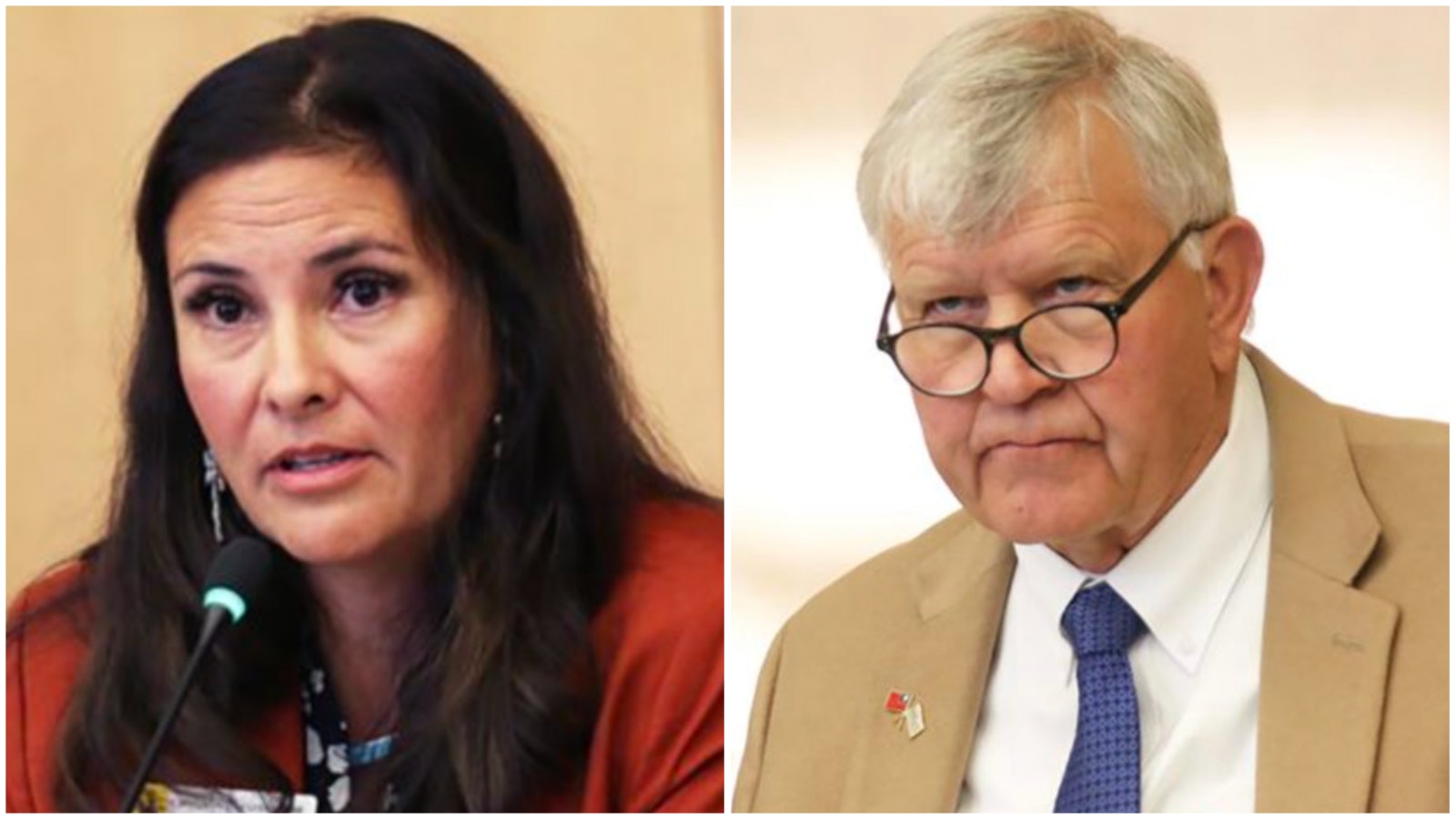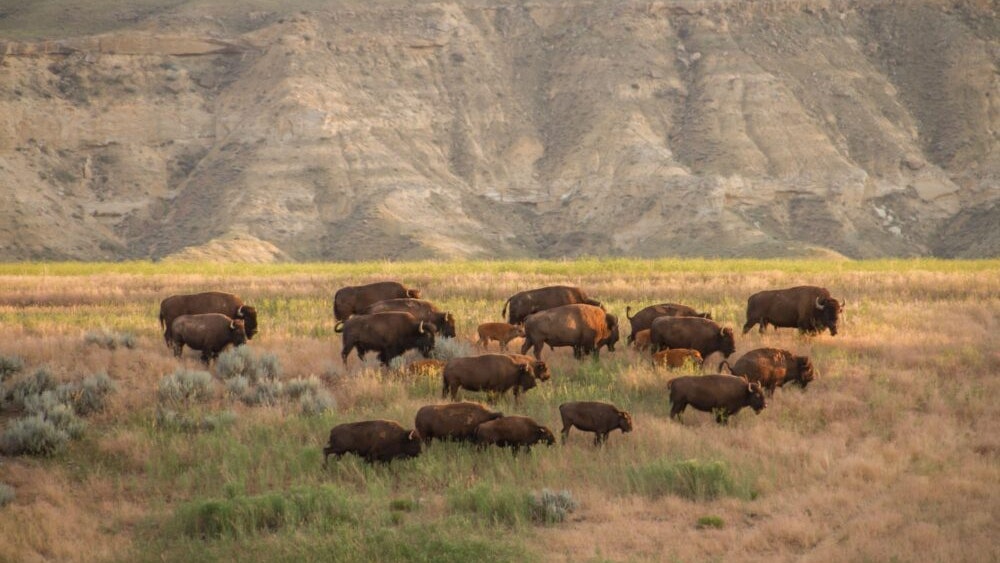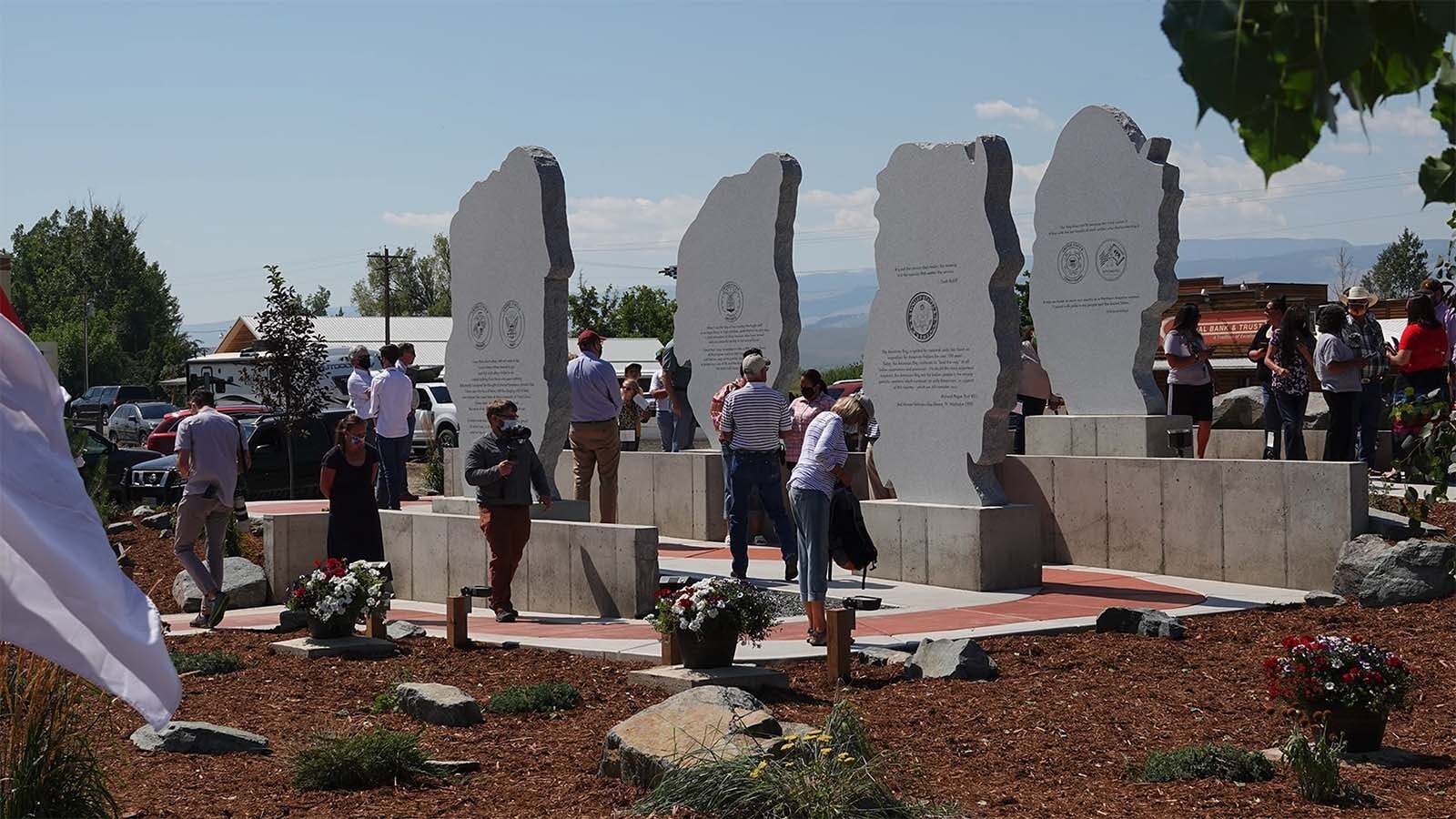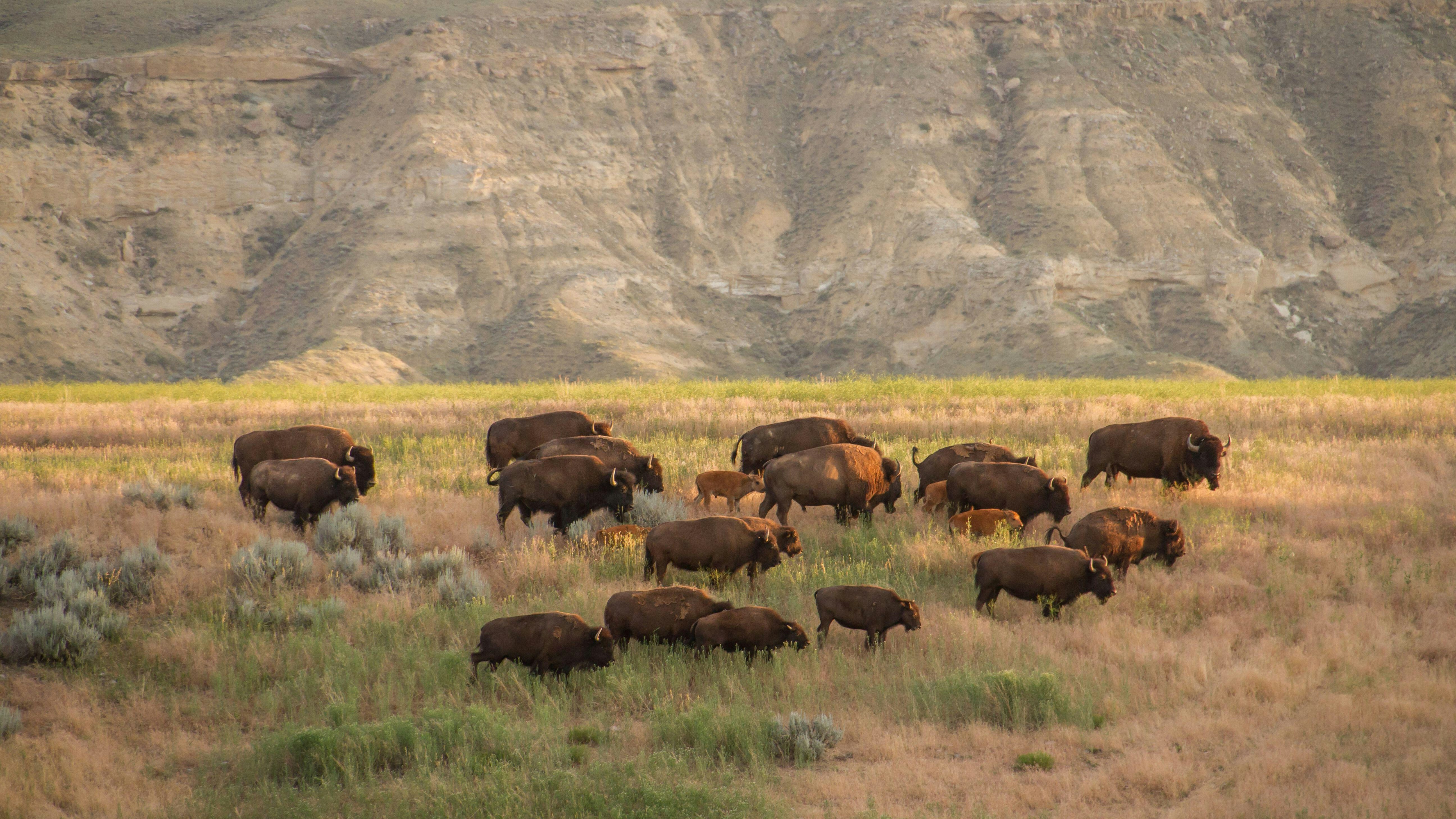Wyoming lawmakers are trying to establish a task force that will keep American Indian children in their tribal communities during custody disputes. The Eastern Shoshone Tribe’s top official says they’re not doing enough.
The Legislature’s Select Committee on Tribal Relations advanced a bill Tuesday that would craft a working group to build a state version of the Indian Child Welfare Act.
The Indian Child Welfare Act (ICWA) is a federal law mandating that tribal children taken from their parents’ custody should be placed with family members or with members of their own tribe before being placed in any non-native foster-care or adoptive home. Now being contemplated by the U.S. Supreme Court, the law could be overturned by next June.
“This approach is an attempt to draw this out. It seems this committee is just passing the buck with a less-than-strong approach.”
John St. Clair, Shoshone business council chairman
‘Passing The Buck’
Committee co-chair Sen. Affie Ellis, R-Cheyenne, has been working to build a Wyoming version of the law, but she voted against the working-group bill Tuesday after Eastern Shoshone Tribal leaders opposed it.
“This approach is an attempt to draw this out,” wrote Eastern Shoshone Business Council Chairman John St. Clair in a prepared statement read aloud by council member Mike Ute. “It seems this committee is just passing the buck with a less-than-strong approach.”
Ute told the committee that he softened St. Clair’s statement for the committee, “at his request.”
St. Clair did not attend the meeting, though Ute attended in person to represent the governing council.
The bill passed 4-1, but will have to clear the entire Legislature this winter to become law.
Waiting For Ruling
Ute said he agrees with St. Clair’s assessment and would rather the committee draft a more immediate state ICWA system ahead of the court’s ruling.
Committee members cautioned Ute that the court’s ruling could take multiple shapes. The high court may rule that the federal law oversteps state rights, or it could rule that the law violates the Equal Protection clause of the U.S. Constitution and is illegal at both the federal and state levels.
“I don’t love these task forces either, I really don’t,” Ellis told Ute. But she said when working with tribal-relations bills, lawmakers in the past have encountered so many unforeseen issues that it now seems better to study complex potential laws thoroughly with those who will be most affected by them.
“Why wouldn’t we take the time to really craft something that’s better than what the feds have done?” she asked.
Rep. Lloyd Larsen, R-Lander, agreed with Ellis’ concerns and told Ute a working group would involve tribal representatives, prosecutors and anyone else who would have to work with the new law.
‘That Ship Has Sailed’
Ute said he also fears that the Legislature may take a hard-right shift after the general election, and he is not sure if the new delegates will want to codify a state ICWA law in the January session.
Sen. Tim Salazar, R-Riverton, told Ute that he supports a state ICWA law. Salazar is not up for reelection for two years.
He also said that no laws can be codified before the session anyway, so trying to rush a new law through this fall won’t change the fact that it has to face a new Legislature composition in the winter.
“That ship has sailed,” he said.
A spokesman for the Northern Arapaho Tribe said that the tribe would “be happy” to work with the task force but hopes the task force will work quickly.
The Northern Arapaho and Eastern Shoshone Tribes share the Wind River Indian Reservation in Central Wyoming.
Trigger Bill
Sen. Cale Case, R-Riverton, wondered if the Legislature could expand the rulemaking power of the Wyoming Department of Family Services (DFS) while waiting on the law change. That way, he said, DFS could implement rules following ICWA procedures while the working group develops a more thorough law.
“It’s kind of a Band-Aid approach,” said Case. “But we’d have something in place.”
Korin Schmidt, director of DFS, said the idea might work but her office would have to check with the state Attorney General’s office.
Case also offered the possibility of a trigger bill to enact upon the court’s ruling.
Ellis said a trigger bill wouldn’t work because the court’s reaction to the ICWA case has multiple varied outcomes.
Different Branch
The draft bill was written with a stipulation to include judges in the working group. Judges oversee custody disputes.
Laramie County District Court Judge Catherine Rogers told the committee via virtual link that she was concerned about muddling the branches of government. She said judges should be accessible to the committee but not required to vote on it or be too involved in sculpting the new law.
Ellis proposed changes to the law to remove compulsory language involving judges. The committee approved those changes.
The other members of the working group shall include:
• Schmidt or her designee
• A county or prosecuting attorney
• A private attorney familiar with the federal ICWA law
• Two people appointed by the governor at the recommendation of the Eastern Shoshone leaders
• Another two recommended by the Northern Arapaho leaders
• Two members of the state House of Representatives, appointed by the Speaker of the House
• Two members of the state Senate, appointed by the Senate president
Roll Call
Those who voted to pass the working-group bill were Case, Salazar, Larsen and Rep. Jim Blackburn, R-Cheyenne.
Rep. Andi LeBeau, D-Ethete, was not at the meeting.
Ellis voted “no” on the bill.
She told Cowboy State Daily in a later phone call that her “no” vote was in response to St. Clair’s concerns. She said she still hopes the state will not codify an ICWA law until the Supreme Court acts, because there’s no predicting what direction the court will take.





